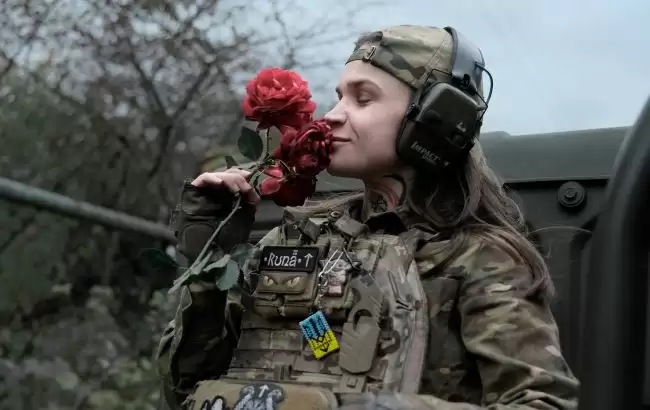
How to properly communicate with women who have gone through the war
Today, our country is protected by more than 45,000 women soldiers, 4,000 of them – in battles on an equal footing with men. Another 13,000 Ukrainian women have the status of combatants, and this is a considerable number of women who need respect and normal treatment.
How to properly communicate with female veterans
Women save lives, mine and clear mines, lead units, destroy the enemy and return home as veterans. Their experience is worthy of respect and they also need our support in recovery.
The first and most important rule is: “A woman in war remains a woman.” She can worry more about her loved ones, can be more emotional, can experience losses more difficult than men, and this is normal, because she is a living person whose body is often controlled by hormones.
At the same time, a military woman is not afraid of challenges, she can run faster, shoot better or be more physically and mentally resilient, and this is also the norm, because every person is an individual.
In order to show respect for a veteran, don't tell her:
- “Why did you give up on the war, you should have sat with the children”
- “That is not a woman's business”
- “Women have nothing to do there”
- “You better think about the children.”
Such phrases are very traumatic. Especially in times of full-scale war, when women carry out tasks and bear responsibilities on an equal footing with men and are constantly condemned, or they are underestimated and not considered equal.
Women with combat experience experience the processes of returning to civilian life somewhat differently. – it is more difficult for them to reintegrate.
This is connected with a different perception of women in society, in particular with a higher level of stigmatization by civilians, who believe that military service is not consistent with the “usual role of a woman”.
< p>Returning from the war, women veterans, just like veterans, often feel a lack of quality psychological, medical care and rehabilitation. The assistance programs offered do not always take into account that some female military personnel have children.
At the same time, female veterans are more likely to realize the importance of taking care of their mental health and turn to specialists, so it is worth supporting their intentions.
Already in civilian life, female veterans may face special challenges:
- problems with reproductive health
- domestic violence
- condemnation
- misunderstanding.









Leave a Reply